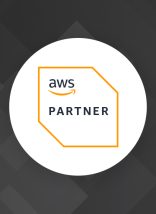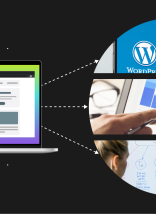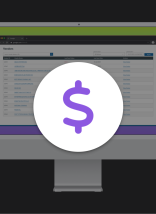
Google now incorporates local business listings on two levels: local-based searches and broad-based searches. Because of these new methods it is extremely important to have a complete and detailed local business profile. Similar to Google’s algorithm for ranking websites in the organic SERPs, there are a number of local search ranking factors that contribute to ranking well in the local business results.
There use to be no easy way to know how much traffic you gain from your local business listing, until now! Google has just integrated basic analytics reporting within your local business center. Not only can you see the basic data like impressions, you can also see key actions people take on your local listing.
Your local business profile has become much more relevant than ever before. We highlight 3 key benefits that make a world of difference.
1. Google has defined a local business listing action as someone clicking for more info on the following: Maps, requesting driving directions, and clicking through to your website.
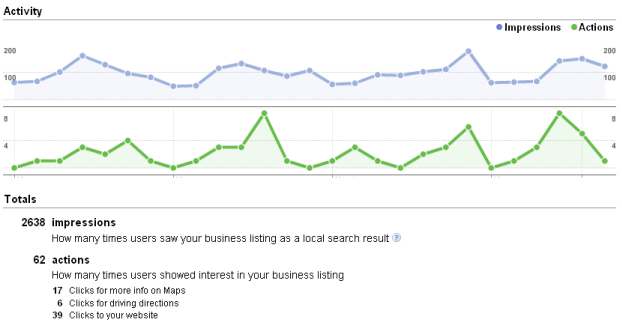
2. You can easily see what keywords and phrases people are searching to find your local listing.
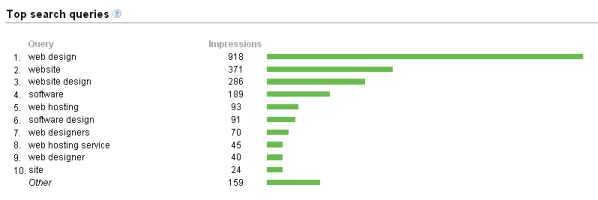
3. Google has added the ability to track people who have requested driving directions from your local business listing. For brick-and-mortar stores, this could help you identify how far people are willing to drive to get to your location. In turn, if you are doing PPC advertising you can try to geo-target those locations.
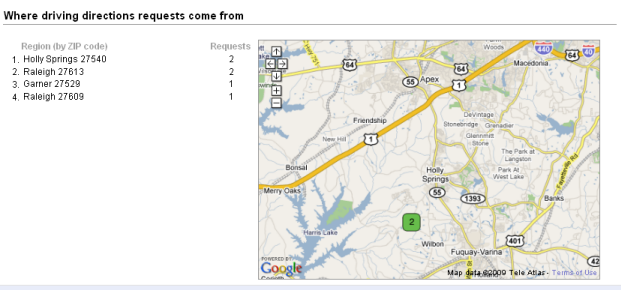
I’m sure that this is only a sign of things to come to better enhance the tracking capabilities for your local business listings. You may want to leverage this data by adding new content (videos, images, logos, business description) to your listing to see if it helps increase impressions, clicks, driving direction requests, etc.
Sign up and verify your local business listing in Google, Yahoo, and MSN. You may also want to check out quick tips for local SEO, for some helpful guidelines on how to help your website rank higher for localized searches.






